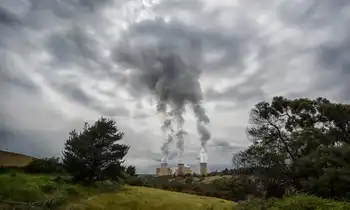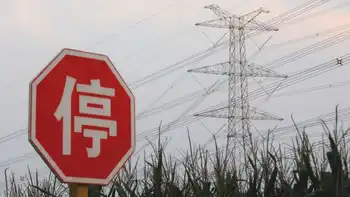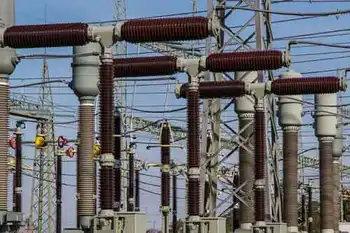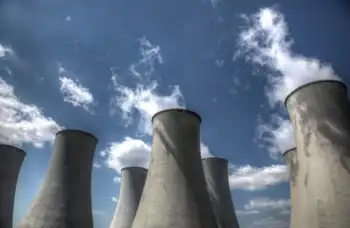Avalanche brings utility price uncertainty
By Associated Press
Protective Relay Training - Basic
Our customized live online or in‑person group training can be delivered to your staff at your location.

- Live Online
- 12 hours Instructor-led
- Group Training Available
They didn't get to enjoy the respite long. Another avalanche ripped out more transmission lines, forcing the utility provider back to more expensive diesel fuel to power the city of about 30,000 people.
The Alpers, who own the Silver Bow Bakery and bed and breakfast, join other residents and business owners in wondering just how long the meter will be running on the diesel generators and their pocketbooks.
"It might not be that bad; it might be catastrophic," said Ken Alper, who works as a legislative aide while Jill oversees day-to-day operations at Silverbow.
Besides being hit with large electric bills, business owners had the double whammy of fewer customers as people cut down on discretionary spending to they could pay their own bills.
"This incident cost our little business $15,000, which is real money for a small business," Alper said. "You never can make up for lost revenue."
Alaska Electric Power & Light Co. spokesman Scott Willis said the utility is still reviewing what repairs need to be done and how soon they can be completed.
The avalanche — the result of rapidly warming temperatures after more than 4 feet of new snow fell this month — took out a transmission tower and lines about 30 miles southeast of downtown Juneau. Power was out for about two hours before the utility switched over to diesel.
The utility has an agreement to buy diesel fuel at $2.25 a gallon, about $2 a gallon cheaper than last year when energy prices were spiking. Last April, the avalanche produced a short-term, fivefold rate increase, while pressing residents into extreme conservation mode.
In some cases, business operated without turning on a single light, relying on the natural light that came through storefront windows.
But in January, Juneau only gets about six hours of light instead of 14. And it's much colder than April.
"In January when it's freezing and it's dark out 18 hours a day, we can't live in a cave," Alper said. "We have a business to run.
"The community is not going to be able to shut down power to the degree it was able to in the warmer part of the year. It can't happen."
For some businesses, like two copying shops owned by Chuck Collins, the temporary power outage was instant closure.
Collins, the president of the local chamber of commerce, said he has confidence in the utility, noting how quickly — about six weeks — the towers were repaired last year. But that doesn't mean there isn't a little angst.
"I hate to jump off and panic before it's time to panic," Collins said. "Of course I'm a little bit worried. Are we going to have the same problems as last year? Is this going to happen more often?
"Yeah, if we have a couple of months with really high rates, that would definitely affect my business. It affected us last year. Everybody was worried about spending money because they were worried about their electric bill."
After last year's disastrous snowslide, the utility set aside $300,000 for avalanche control this year. Technicians set off smaller avalanches to ultimately prevent a larger one.
But cloud cover prevented the crew from getting only so far up the mountain range last weekend, and on Monday, snow roared down and took out the transmission tower, one of five towers either rebuilt or replaced after the April avalanche.
"Clouds were so low that we couldn't go all the way up," Willis said. "The snow at the higher elevation is what came down naturally and destroyed the tower."











